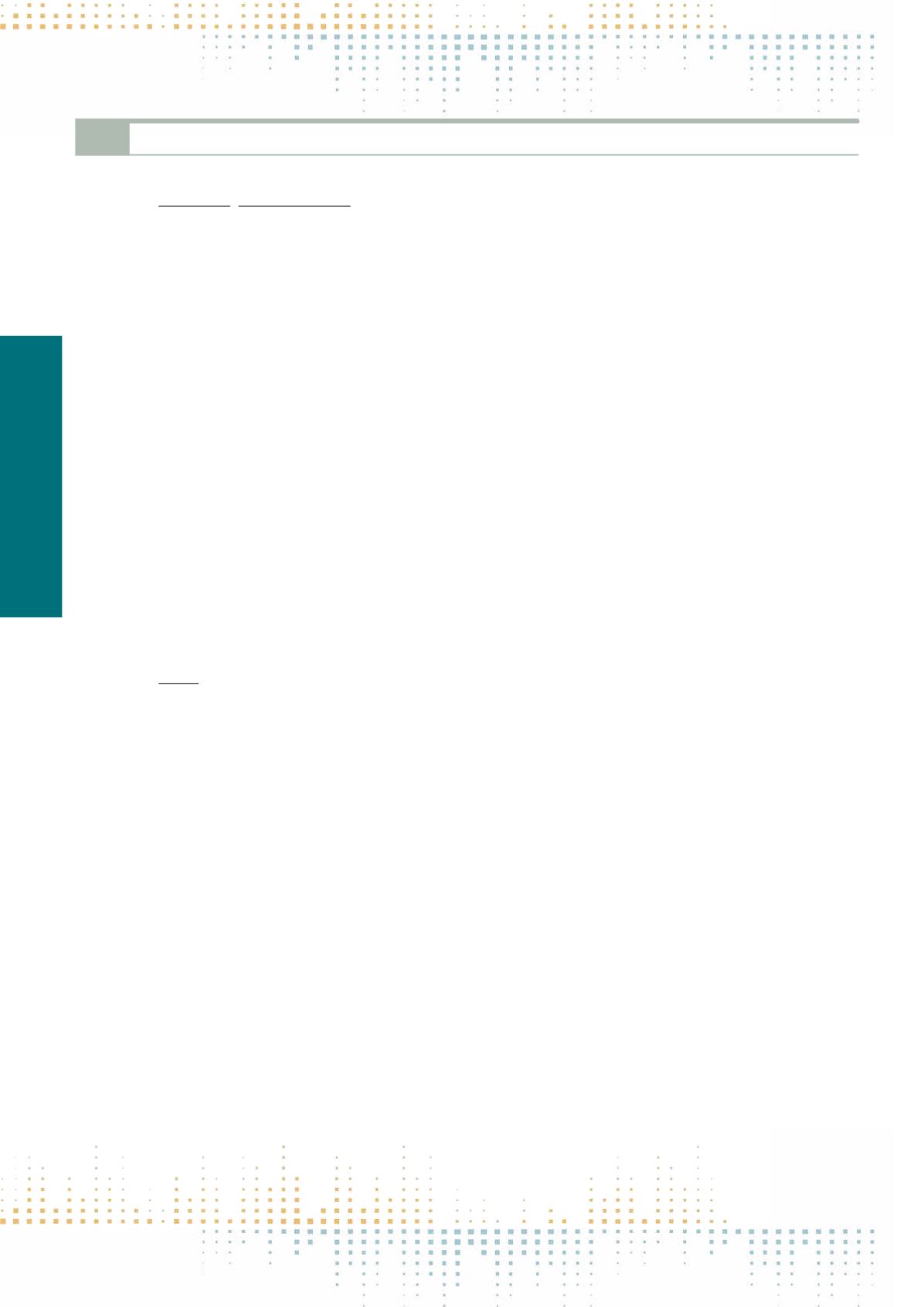

364
Thursday, November 10
1 4 : 3 0 – 1 6 : 0 0
JOS08
GenerationNext in Journalism
PP 145
Young Journalists and Networked Individualism: Time Collapse Among Younger Journalists in Social Media
P.B. Brandtzaeg
1
, M. Chaparro Domínguez
2
1
SINTEF, ICT, OSLO, Norway
2
UNIR, Madrid, Spain
Social media are changing journalism radically. This study consider young journalists as a key group in shaping the future of journalism, which makes
them a particular interesting user group to study. Differentiated usage patterns and experiences of social media among younger journalists growing up
with social media have not been sufficiently explored in the literature. Most studies of journalists typically investigated just the Twitter usage among older
journalists. This study explores how young journalists grown up with social media are using Facebook, Instagram, LinkedIn, and Twitter at work. We con‑
ducted a series of open-ended individual interviews with 15 young journalists (21–26 years old), between February and September in 2015. The interview
schedule addressed the choices, motivations and experiences with social media, both private and work. We applied the theory of networked individualism
to get a deeper understanding in their social media working practices. We find that younger journalists use social media as a prime source to news, which
give them lots of affordances but also new types of challenges. Social media have made possible a news awareness system. Similar to the theory of net‑
worked individualism, the journalists' reports that social media offers them alternative means to connect with people who share content, interests or are
eyewitnesses in other events around the globe. Despite the fact that the social media have expanded rapidly among journalists, usage, and exploitation
of these services are not distributed equally among them. Younger journalists, in this study, report to use more and different social media (e.g. Instagram)
than older journalists, which also give them a continuous presence and access to publics that not older journalist have the same access to. Moreover, some
young journalists in our study not only struggle with a context collapse but a time collapse in social media, when (negative) experiences reactions on old
content and expressions from their youthful experimentations.This is the first generation of journalists that have grown up with social media as part of their
self-presentation strategies and identity construction. These journalists are afraid that such content report that they worries about how previous individual
and online experiences can be used against them and hurt their professional identity. Hence, they have grown up with and have experience with shame
campaigns on social media, and one of the interviewees refers to how one stupid tweet blew up Justin Sacco's life. It appears, therefore, that many young
journalists are constrained in two ways. First by the practices they have expressed in their youthful experimentation (e.g. time collapse) and, second, by
the representations of "professional society" (work, editors, readers, etc.) alerting them in how to behave (e.g. context collapse).While younger generations
have been found to be use different affordances on sites to meet their changing identity needs, we see that this is something younger journalists also need
to cope with. Both professional norms and previous experiences force some of them to be less active in social media.
PP 146
Dutch Journalism Students in a Changing Media Environment
B. Kester
1
, I. Awad Cherit
2
1
Erasmus University, Media & Communication, Rotterdam, Netherlands
2
Erasmus University, Rotterdam, Netherlands
In the Netherlands, as well as in many other western countries, journalism is in a turmoil or crisis. However you want to label it, drastic changes are occurring
in almost every aspect of the field. Mediatization, digitization, social media, market driven economies, media competition and concentration all have an im‑
pact not only on media consumption patterns but on the production side of news as well. It seems as if the concept of journalism itself, or of journalisms
for that matter, has or have to be reinvented. As a consequence, scholars argue that journalists are compelled to re-invent themselves: as entrepreneurs,
crowd-funders, multi-media experts, data-miners, curators, community managers, and so on (Bakker, 2014).The emergence of the“new”journalists should
be particularly visible in the journalists of the future, namely journalism students. With which ideas, ideals, motivations, and expectancies do students start
their training to become a journalist in the second decade of the 21
st
century? The proposed paper addresses this question by examining the perspectives
of Dutch journalism students. It specifically tries to identify different steps future journalists make in their studies towards their professional socialization, as
well as variations across different kinds of journalistic training in the Netherlands (BA or MA, at universities of applied sciences or at research institutions).
Methodologically, the paper relies on a survey conducted between October 2014 and April 2015 among journalism students currently enrolled in all Dutch
higher education institutions. In total, 622 students from 10 institutions participated in the study. They were asked about their motivations for studying
journalism and their views about journalism school; the ethics and social role that should guide journalistic work and the main challenges journalism faces
in practice; the quality of journalism in the country and their preferences in terms of news consumption. This paper is part of a large international project,
Journalism Students across the Globe: Professionalization, Identity and Challenges in a Changing Environment, which involves 30 countries, including
the Netherlands. The results of this study will contribute to academic debates about the future of journalism, in general, and in the Netherlands, in partic‑
ular. In more practical terms, the paper will provide a comparative overview of journalism students in the Netherlands and in that way, constitute valuable
input for discussions about journalism education in that country. Reference: Bakker, P. (2014). Mr. Gates returns. Journalism Studies,5,596–605.



















